detail profile pippo franco
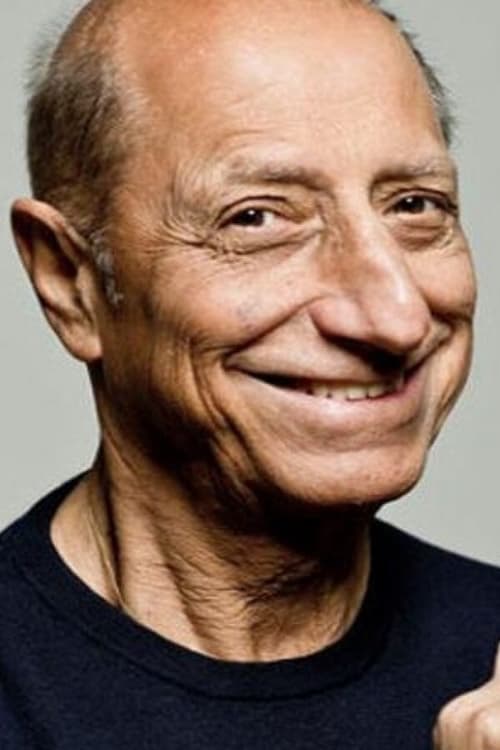
Riwayat Hidup
Pippo Franco (pseudonym of Franco Pippo; born 2 September 1940) is an Italian comic, television presenter, and singer.
He made his name first as a musician in the early 1960s, and in the late 1960s began a career in film, starring in a great number of commedia sexy all'italiana, the "sexy comedy" subgenre of Italian comedy.
In the 1970s he expanded into television, acting in TV movies and presenting variety shows.
His type of comedy borrows heavily from cabaret.
Throughout his career he continued to sing, appearing many times at the San Remo Festival.
He has made children's music as well, and has co-written three books on (linguistic) humor.
Info Pribadi
Peran Yang Di Mainkan Pippo Franco
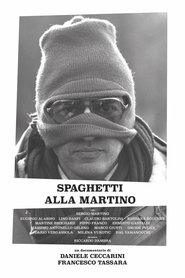 The film documentary by Daniele Ceccarini...
The film documentary by Daniele Ceccarini...Spaghetti alla Martino 2019
The film documentary by Daniele Ceccarini and Francesco Tassara tells the prolific career of the Italian director Sergio Martino.
 Two soccer stories Alvaro Presutti is...
Two soccer stories Alvaro Presutti is...The Fan, the Referee and the Footballer 1983
Two soccer stories: Alvaro Presutti is a referee who seems to be the last to know about his wife having an affair with a German soccer star. Amedeo Amedei has to please both his father, a die hard Roma supporter and his future father in law, who supports Lazio.
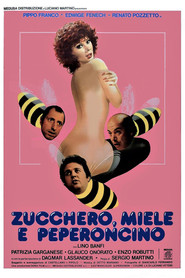 Three episodes In the first episode...
Three episodes In the first episode...Sugar, Honey and Pepper 1980
Three episodes. In the first episode Valerio is mistaken for a notorious criminal. Very beautiful journalists succeed to bring him to her house for an exclusive interview. She tries to seduce him. In the second episode Giuseppe, an unlucky and ugly man, gets a job as a maid. His mistress falls in love for him. In the third episode, Plinio is a taxi driver who loves his cab above all. But at one point he is involved with the kidnapping of a woman.
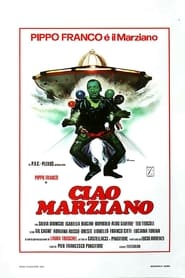 The inhabitants of the distant planet...
The inhabitants of the distant planet...Ciao marziano 1980
The inhabitants of the distant planet Gemini send to Rome the extraterrestrial Bix. His task is to transport twelve Earths to the planet so that we can find out if they are suitable for living there. Bix, who's distinguishable from humans only because he has a green face, also has supernatural powers that allow him to repair damages. On the eve of the departure for Gemini, a trap is set for him...
 The upright prof Filippo Bottini Said...
The upright prof Filippo Bottini Said...Tutti a squola 1979
The upright prof. Filippo Bottini Said Pippo is an "old-fashioned" teacher in a Roman school. He would like a Heart book-style school but clashes with the harsh reality of modern teaching and in particular with the turmoil of the seventies: strikes, occupations, armed students, feminist colleagues. Overwhelmed by events, he will find himself more and more in the maelstrom of the post-1968 protest until he becomes a drug courier. He will be arrested and incarcerated, but thanks to the release on bail provided by his colleague Lalla, with whom he had in the meantime started a relationship, he will be able to redeem himself.
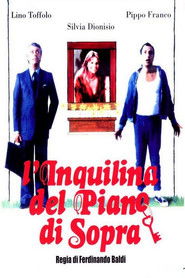 Exasperated by the great racket coming...
Exasperated by the great racket coming...L'inquilina del piano di sopra 1978
Exasperated by the great racket coming from Miss Aurora Trabocchetti's apartment, the neighbors give Professor Canestrari a mandate to deliver an ultimatum to the young woman. Too bad the teacher takes a liking to Aurora and agrees to give her private lessons. In fact, the girl aspires to marry the scion of a noble family and to try to crown her dream she must improve her culture.
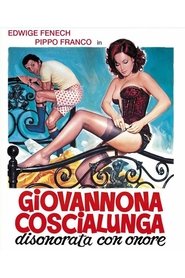 When a judge shuts down a...
When a judge shuts down a...Giovannona Long-Thigh 1973
When a judge shuts down a high profile cheese factory for violating pollution standards, the owner bribes a monsignor to fix the problem. After they discover the judge has a predilection for married women, the owner employs a prostitute to pose as his wife in an attempt to seduce the judge.
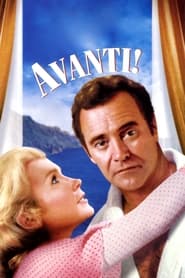 A successful businessman goes to Italy...
A successful businessman goes to Italy...Avanti! 1972
A successful businessman goes to Italy to arrange for the return of his tycoon-father's body only to discover dad died with his mistress of long standing.
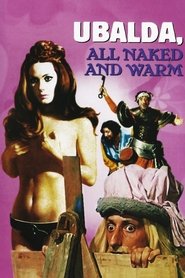 During the Middle Ages a clumsy...
During the Middle Ages a clumsy...Ubalda, All Naked and Warm 1972
During the Middle Ages, a clumsy knight returns home where his wife awaits him. Sensuous and beautiful, she has attracted several male admirers during his absence, but her chastity belt has maintained her faithfulness. Now is her chance to wrest the key from him and enjoy herself. The knight’s portly friend has a similar problem with his equally gorgeous wife. And to top it off, both men have designs on the other’s wife — leading them to devise painful methods to discourage the other from trespassing.
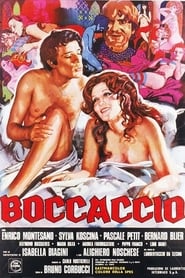 Boccaccio also known as The Nights...
Boccaccio also known as The Nights...Nights of Boccaccio 1972
Boccaccio (also known as The Nights of Boccaccio) is a 1972 Italian comedy film written and directed by Bruno Corbucci. It is loosely based on the Giovanni Boccaccio's novel Decameron, and it is part of a series of derivative comedies based on the success of Pier Paolo Pasolini's The Decameron.
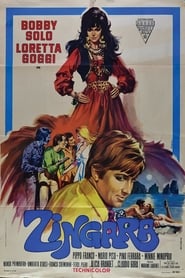 Franco singer in search of success...
Franco singer in search of success...Zingara 1969
Franco, singer in search of success, falls in love with Marisa. But she walks away from him to stay close to her sick cousin.
 A loving young couple discover theyre...
A loving young couple discover theyre...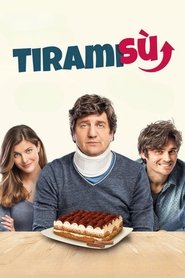 Antonio a representative of medical supplies...
Antonio a representative of medical supplies...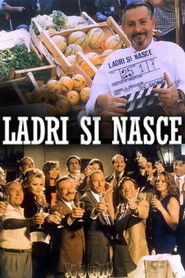
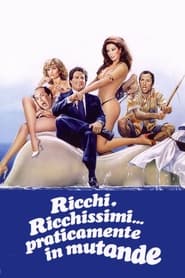 A stories of three really unlucky...
A stories of three really unlucky...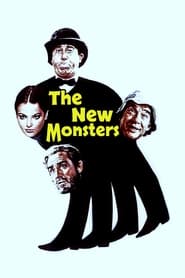 A 1977 Italian comedy film composed of 14...
A 1977 Italian comedy film composed of 14...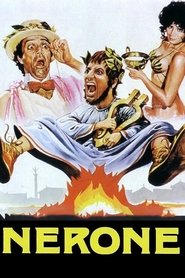 Parody of real life events of...
Parody of real life events of... Domenico Modguno is a horn dog...
Domenico Modguno is a horn dog...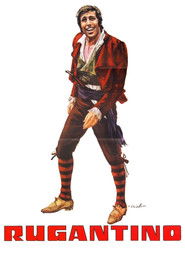 A beautiful girl Rosina lives In...
A beautiful girl Rosina lives In...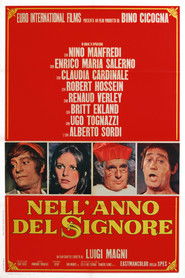 Rome 1825 Bishop Rivarola and Colonel Nardoni...
Rome 1825 Bishop Rivarola and Colonel Nardoni...